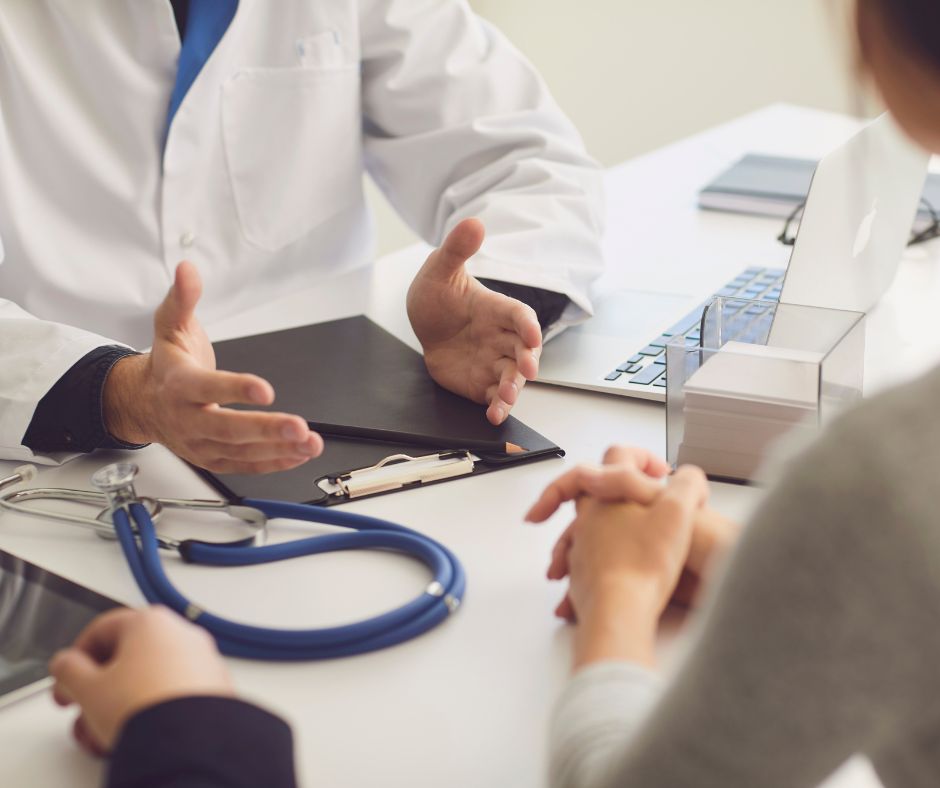
Department of Medicine
Characteristics Of The Field Of Study
Course description/educational objectives and outcomes
Upon completion of the uniform master’s degree studies in medicine, the graduates will have the theoretical preparation and practical skills necessary to pursue a professional career in many areas of public and private activity.
The medicine studies will enable the improvement of qualifications, knowledge and skills within medical specialisations and supplementary and further training courses in various medical fields, as well as the continuation of education in third-cycle (doctoral) studies.
In terms of knowledge, the graduates know and understand:
- development, structure and functions of the human body in normal and pathological conditions;
- symptoms and course of diseases;
- diagnostic and therapeutic procedures appropriate for specific disease states;
- ethical, social and legal conditions of practicing the medical profession and the principles of health promotion, and they base their knowledge on scientific evidence;
- methods of conducting scientific research.
In terms of skills, the graduates can:
- diagnose medical problems and determine priorities for medical treatment;
- diagnose life-threatening conditions that require immediate medical intervention;
- plan diagnostic procedures and interpret their results;
- implement appropriate and safe therapeutic procedures and predict their effects;
- plan your own educational activities and continuously update your knowledge;
- inspire the learning process of others;
- communicate with patients and their family in an atmosphere of trust, taking into account the patient’s needs, and convey negative information applying the principles of professional communication;
- communicate within a team and share knowledge;
- critically evaluate the results of scientific research and adequately justify your position.
In terms of social competences, the graduate are prepared to:
- establish and maintain a deep and respectful contact with the patient, as well as show understanding for ideological and cultural differences;
- be guided by the patient’s best interests;
- respect medical confidentiality and patient rights;
- take action towards the patient based on ethical principles, with awareness of the social conditions and limitations resulting from the disease;
- perceive and recognise one’s own limitations, self-assess deficits and educational needs;
- propagate health-promoting behaviours
- use objective sources of information;
- formulate conclusions based on your own medical measurements or observations;
- implement the principles of professional camaraderie and teamwork, including representatives of other medical professions, also in a multicultural and multinational environment;
- formulate opinions on various aspects of professional activity;
- accept responsibility for decisions made in the course of professional activity, including those relating to one’s own safety and the safety of others.
All learning outcomes are consistent with the applicable standard of education preparing for the medical profession.
Graduate’s workplaces and positions
- public and private healthcare facilities;
- research and development centres, academic centres;
- institutions providing counseling and disseminating knowledge in the field of health education and clinics of medical universities.
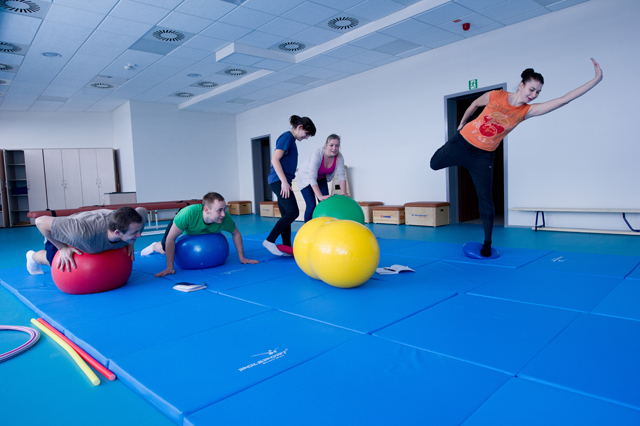
Full time BA course - students of physical education take part in curriculum classes covering general, major and specialty subjects, according to the study plan. During the studies ...
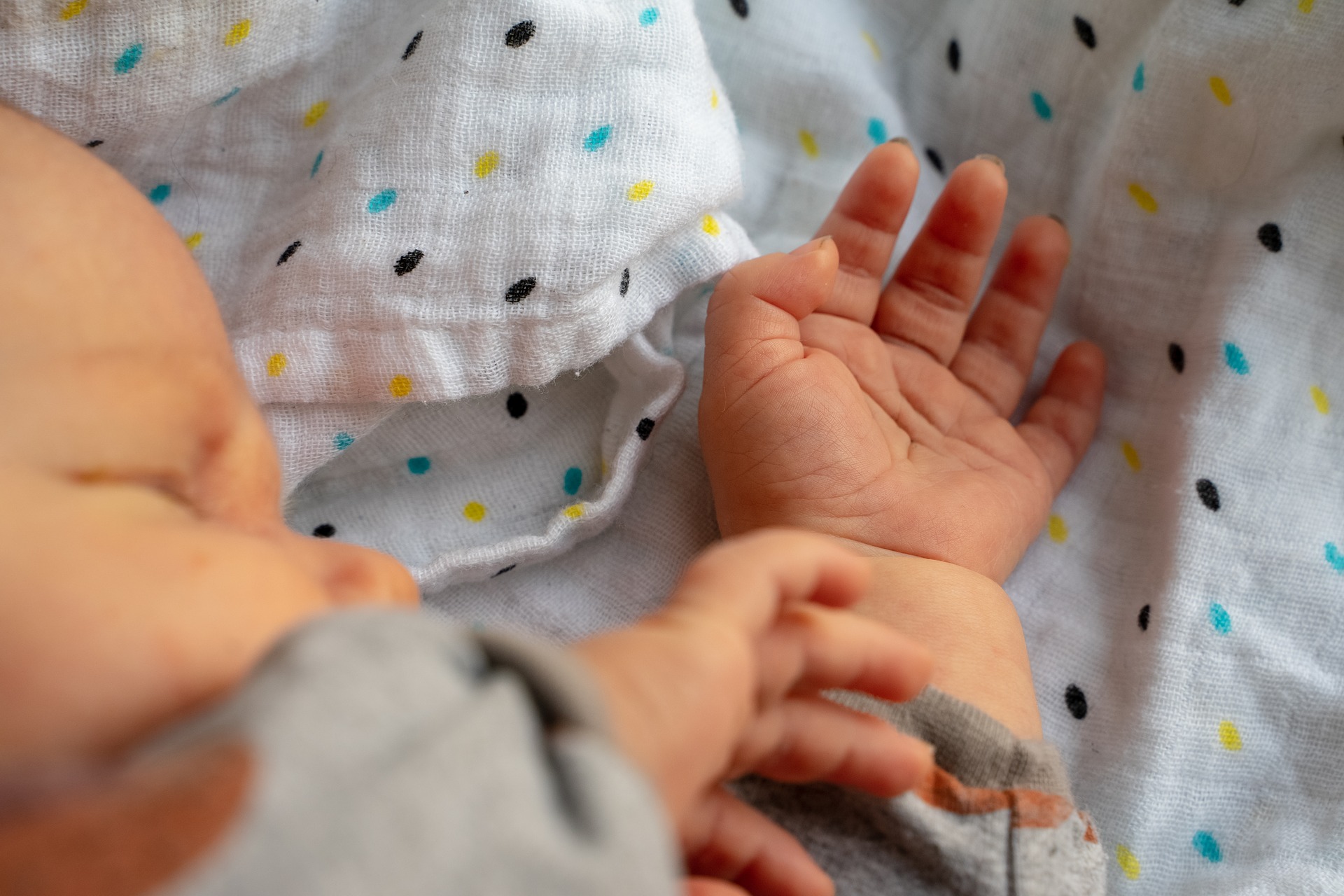
Students acquire medical knowledge about women in pregnancy, childbirth, and puerperium as well as about gynecology and newborn care. Graduates will be able to recognize and monitor the newborn, independently conduct and receive physiological labor and delivery from the pelvic position. Graduates will acquire comprehensive in the following areas: care of pregnant women, management of childbirth, maternal and newborn care. The student will be able to take care of the mother and the newborn, promoting natural feeding, monitoring the course of the postpartum period and examining the newborn, as well as taking all necessary actions in emergency situations, including immediate resuscitation. The student will be able to issue prescriptions for medicines, foodstuffs for particular nutritional uses and medical devices, necessary for the continuation of treatment as part of the implementation of medical orders.
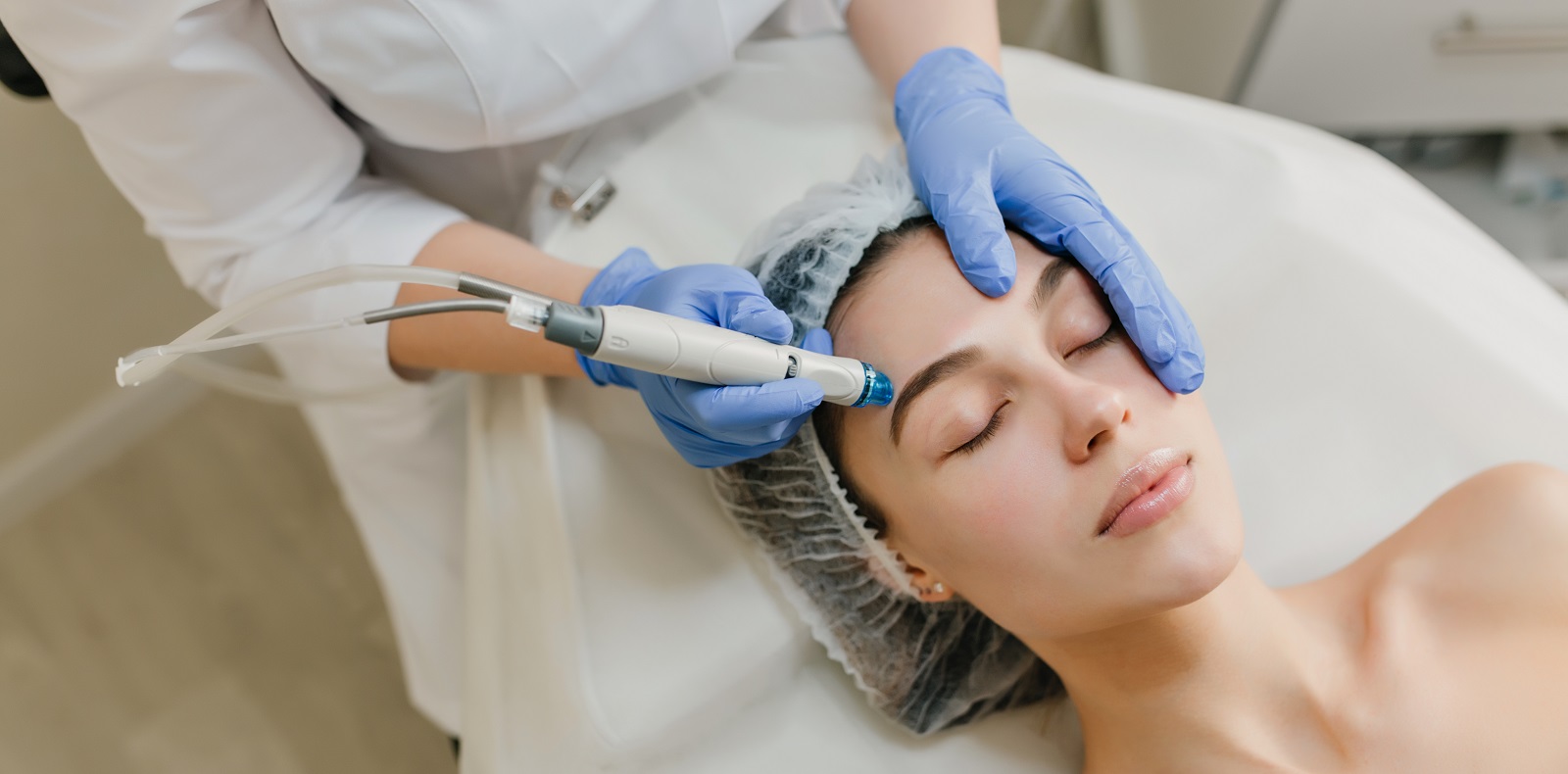
A graduate of cosmetology has the ability to use general knowledge in the field of health sciences and detailed knowledge in the field of cosmetology. The student is able to plan the type of cosmetic procedure and use cosmetics in accordance with the diagnosis. A cosmetology graduate is prepared to work as a cosmetologist in full-service beauty salons and to cooperate with a dermatologist in the field of diseased skin care, work in wellness centers, SPA centers, recreation centers, styling and make-up salons. A graduate is able to take up professional work in the field of directional education, reflecting various types and fields of cosmetology.

Full-time first cycle studies last for 6 semesters (bachelor degree). Graduates are prepared to work in health care facilities such as hospitals, clinics, health centres, nursing facilities ...
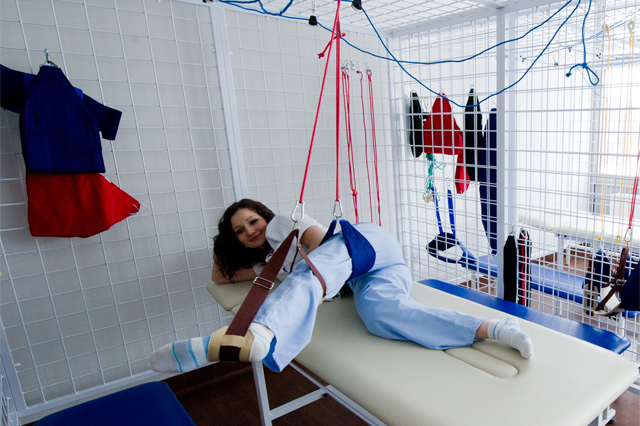
Full time (5 years) master degree - Graduates are prepared to perform activities in the field of physiotherapy, physical therapy and therapeutic massage, in both prevention ...

Upon completion of the uniform master's degree studies in medicine, the graduates will have the theoretical preparation and practical skills necessary to pursue a professional career in many areas of public and private activity. The medicine studies will enable the improvement of qualifications, knowledge and skills within medical specialisations and supplementary and further training courses in various medical fields, as well as the continuation of education in third-cycle (doctoral) studies.

